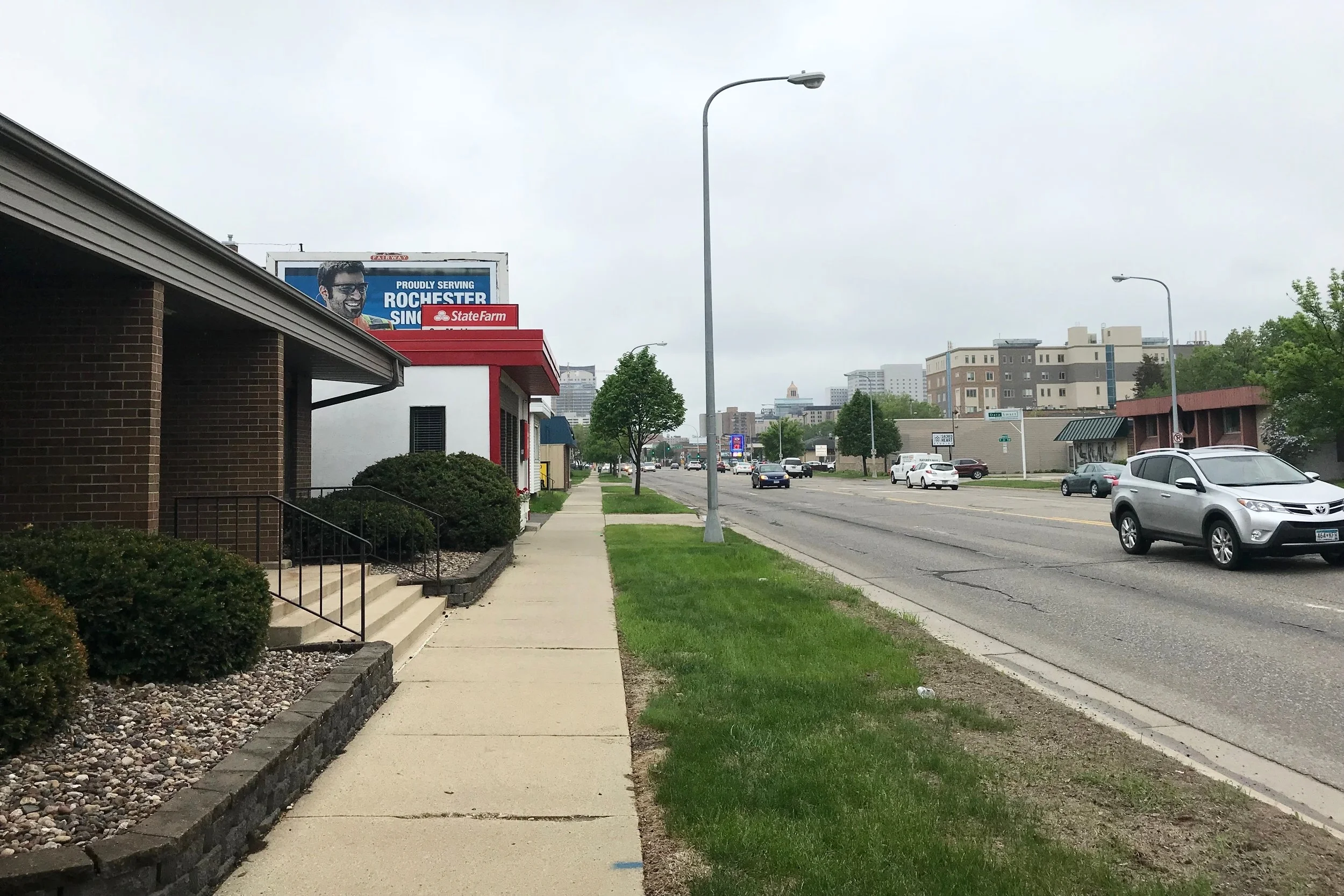Rochester considers regulating short-term online rentals
Should Rochester set its own regulations for short-term rental services, like Airbnb and VRBO? And if so, to what extent?
Those were the questions up for discussion at Monday’s meeting of the Rochester City Council. The city is looking at adopting new rules regarding short-term online rental properties, which as of now do not fit the criteria to be regulated as either apartments or hotel rooms.
At the request of Council Members Ed Hruska and Michael Wojcik, staff from the city/county joint planning department presented the council with a number of options to consider — from fees and licensing to potential caps on the number of units allowed within a geographical area.
Currently, it is estimated that there are upwards of 200 units available in the city through sites such as Airbnb, HomeAway and VRBO. They range from single bedrooms starting around $30 for an overnight stay to a six-bedroom, 4,000-square-foot home being listed at $1,000 a night. Regardless of size, the vast majority of listings advertise close proximity to Mayo Clinic.
Among the policy considerations discussed Monday, some on the council indicated they could support an ordinance subjecting short-term rental providers to the same building inspections required for apartment rentals.
There was also support for requiring short-term rentals to be licensed by the city. While details would still need to be worked out, Council Member Michael Wojcik suggested that requiring providers to register with the city would allow for better oversight of the growing online marketplace.
Prior to the meeting, in a discussion on Facebook, Wojcik also expressed concerns that short-term rentals — particularly those that are not owner-occupied — may be encroaching on residential neighborhoods.
“I wish to allow Airbnb in [an] owner occupied property,” he said. “I wish to stop the practice of converting housing for our people into businesses.”
Council Member Hruska, who formed an unlikely compromise with Wojcik, echoed the concern Monday — stating that any policy approved by the city should seek to “minimize effects on neighborhoods.”
The two council members proposed offering a separate set of regulations for owner-occupied rentals and non-owner-occupied rentals. Under the policy proposal, the latter — homes and apartments used primarily for commercial activity — would face additional taxes and restrictions.
Other policy considerations included:
Limits on the number of units that can be rented within one property.
Density restrictions on the number of rentals in one geographic area.
Requirements that operators have proper rental insurance.
Not all council members, though, were on board with the ideas presented.
Noting that the number of short-term rentals represents about six-tenths of a percent of the city’s overall housing stock, Council Member Nick Campion pushed back against what he described as an “expansive use of regulations.”
“It’s not being driven by problems,” said Campion. “It’s being driven by expectations of problems.”
The Ward 3 representative said that any zoning-based regulation is just a “code word for killing” a business model that visitors rely on.
“If you want to be a destination for people to go visit, and you want them to feel comfortable during their visit, you have to have services like this,” said Campion.
To gauge where operators stood on the options being considered, the planning department brought together a small group of local renters with properties available online. According to a report presented to the council, the operators supported inspection and insurance requirements for primarily-commercial rental units.
However, they did not support restricting non-owner-occupied units as a permitted use in any residential districts, noting that the vast majority of rentals currently operate in low-density residential areas.
They also expressed concerns about paying a local lodging tax unless Experience Rochester, the city’s tourism bureau, would be willing to promote their marketplace in the same way it does the hotel industry.
Council Member Annalissa Johnson agreed. “If we charge a lodging tax, they need a seat at the table,” she said.
No final decisions were made at Monday’s meeting. The council is expected to discuss the topic again at a later date.
Follow Sean on Twitter.








